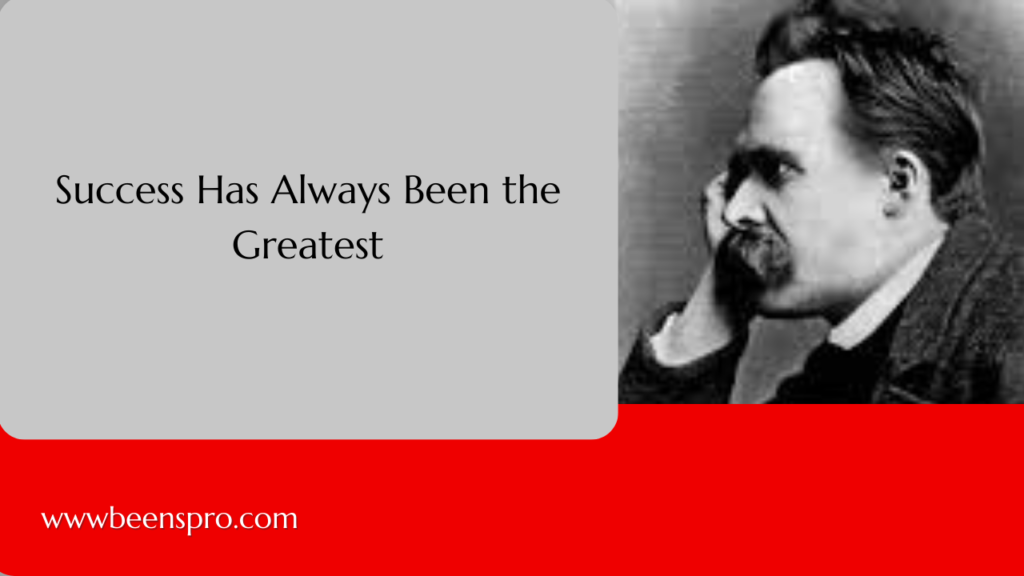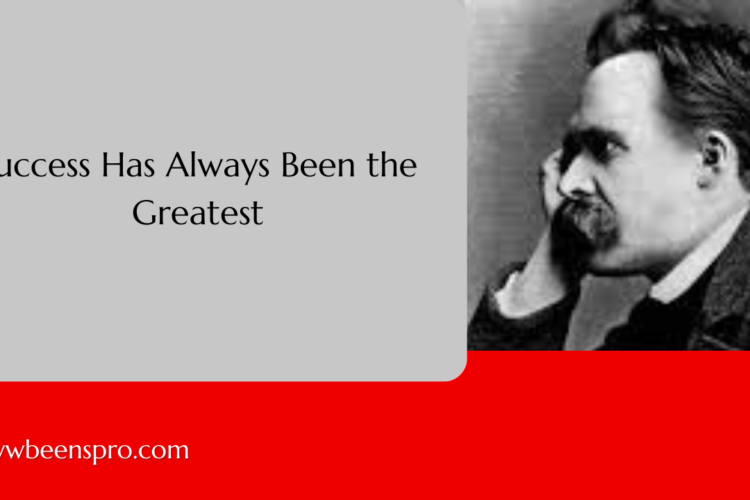
Success has always been the greatest driving force behind human ambition. Throughout history, individuals have strived to achieve personal growth, professional achievements, and overall fulfillment. But what does success truly mean? Is it about financial prosperity, personal happiness, or societal recognition?
This guide delves into the mindset, strategies, and habits that contribute to a successful life. By understanding the psychological, emotional, and practical aspects of achieving greatness, you can create a sustainable path to success.
What Does It Mean to Achieve Success?
Success is a subjective concept that varies from person to person. For some, it means reaching financial independence, while for others, it involves personal fulfillment and making a meaningful impact on society.
- Personal Success: Achieving self-fulfillment, emotional well-being, and personal growth.
- Professional Success: Advancing in one’s career, achieving leadership positions, and building a lasting legacy.
- Financial Success: Gaining financial stability and wealth to secure a comfortable lifestyle.
Success vs. Failure – Learning from Setbacks
Success is often built on a foundation of past failures. Some of the most successful individuals, such as Thomas Edison and Oprah Winfrey, faced repeated failures before achieving greatness.
- Failure teaches resilience and adaptability.
- It helps refine strategies for future success.
- Turning setbacks into learning experiences leads to stronger determination.
Success Mindset – The Key to Personal Growth
A success-driven mindset is essential for long-term achievement.
- Self-belief and confidence pave the way for progress.
- Positive thinking and determination help overcome challenges.
- Consistency and discipline ensure sustained success.
How to Develop Habits for a Successful Life?
Developing success-oriented habits plays a critical role in achieving long-term goals. Implementing a structured routine and strategic approach helps individuals stay on the path to greatness.
The Role of Hard Work vs. Luck in Success
- Hard work and persistence are the primary drivers of success.
- Luck can provide opportunities, but effort and preparation determine success.
- Leadership skills, decision-making, and adaptability are crucial.
Building Resilience to Overcome Obstacles
Resilience is the ability to bounce back from failures and challenges.
- Developing mental toughness strengthens perseverance.
- Embracing challenges as learning experiences leads to growth.
- Continuous learning and self-motivation keep individuals on track.
Why Success Has Always Been the Greatest Driving Force in Life?
Success fuels human ambition, innovation, and motivation. It influences personal development and contributes to overall well-being.
The Psychological and Emotional Impact of Achieving Success
- Success boosts self-esteem and confidence.
- It creates a sense of purpose and fulfillment.
- Achievements lead to greater life satisfaction and happiness.
Measuring Success: Personal Growth vs. Material Achievements
- Personal growth focuses on mental, emotional, and intellectual development.
- Material success involves financial wealth and external validation.
- A balanced approach ensures true long-term fulfillment.
Steps to Achieve the Greatest Level of Success in Your Career
A successful career requires strategic planning, continuous learning, and the right mindset.
- Setting clear professional goals is crucial.
- Networking and mentorship accelerate career growth.
- Resilience and adaptability help navigate career roadblocks.
How to Stay Motivated in the Journey to Success?
Motivation is key to sustaining long-term success.
- Break large goals into smaller, manageable milestones.
- Surround yourself with positive influences and mentors.
- Celebrate small victories to maintain momentum.
The Secret to Sustained Success and Achievement
Success isn’t a one-time accomplishment—it’s an ongoing process that requires consistency, adaptation, and strategic growth.
Creating a Long-Term Plan for Continuous Growth
- Setting new goals keeps individuals challenged and engaged.
- Adapting to industry trends and personal development opportunities ensures relevance.
- Lifelong learning and self-improvement are key to maintaining long-term success.
Conclusion
Success has always been the greatest motivational force driving personal and professional growth. By cultivating the right mindset, developing strong habits, and embracing challenges, individuals can achieve lasting success and fulfillment. Implement these principles to create a life of achievement, balance, and happiness.
FAQs
What are the key qualities of a successful person?
Successful individuals possess determination, focus, resilience, and a strong work ethic. They set clear goals, embrace challenges, and remain committed to personal growth.
How can I develop a success-driven mindset?
Developing a success mindset requires self-discipline, positivity, and strategic goal setting. Continuous learning and persistence also play a crucial role.
Is financial success the ultimate measure of achievement?
While financial stability is important, true success also involves personal fulfillment, mental well-being, and making a meaningful impact.
How can I stay motivated when facing obstacles in my success journey?
Stay motivated by setting realistic goals, celebrating progress, and surrounding yourself with supportive influences. Persistence and adaptability help overcome setbacks.
What role does failure play in achieving success?
Failure is a crucial part of success. It provides valuable lessons, strengthens resilience, and refines strategies for future achievements.
